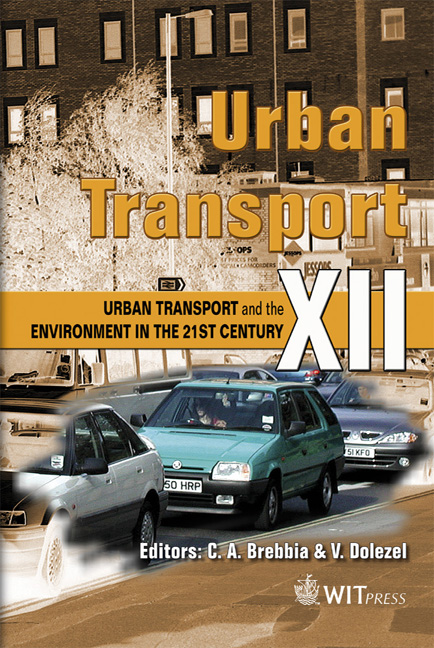Urban Transport System Benchmarking
Price
Free (open access)
Transaction
Volume
89
Pages
9
Published
2006
Size
381 kb
Paper DOI
10.2495/UT060231
Copyright
WIT Press
Author(s)
M. W. Ludema
Abstract
This article elaborates on benchmarking as a means to facilitate policy makers during the decision making process aimed at improving urban transport system performances. The proposed benchmark contains five critical success factors: accessibility, cost of transport, safety, environmental pollution and congestion. The benchmark result provides policy-makers with figures that describe the position of each aspect of an urban transport system of a city or region compared with that of other cities or regions. In a case study the proposed benchmarking approach is tested by analyzing the performances of the urban transport systems of the two cities Berlin and Rotterdam. In making policies for urban transport systems, there are many aspects that should be taken into account, not only from government perspective (investment and operational cost), customer perspective (accessibility, safety, congestion and cost of transport), but also from sustainable development perspective (environment). These aspects should be added as additional criteria for the development of a sound transport policy. Aspects that have low performance should be enhanced in the future, while the \“best in class” aspects, can be used by regions that perform less. The first results showed that benchmarking urban transport systems can give policy makers an improved insight in the performances in respect to that of other cities and indirect advice on future investments. To be able to use the proposed approach more testbenchmarks are necessary. Keywords: benchmarking, urban transport planning, transport system performance.
Keywords
benchmarking, urban transport planning, transport system performance.





